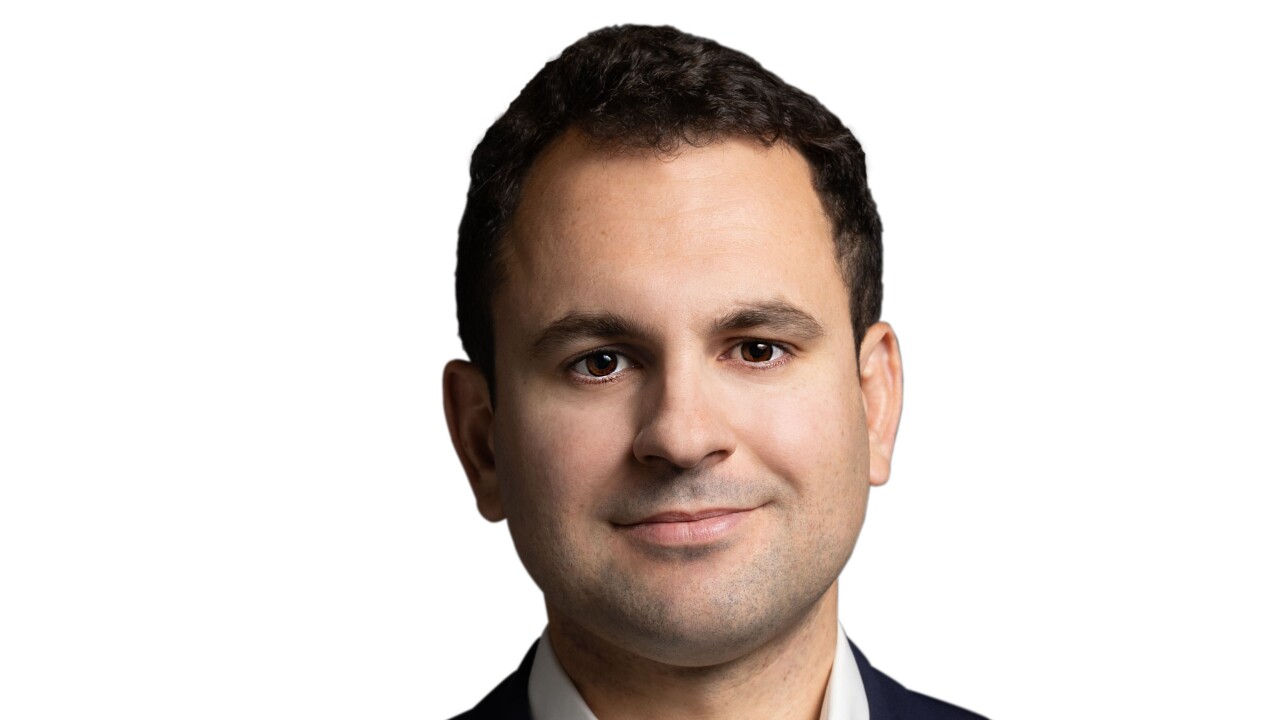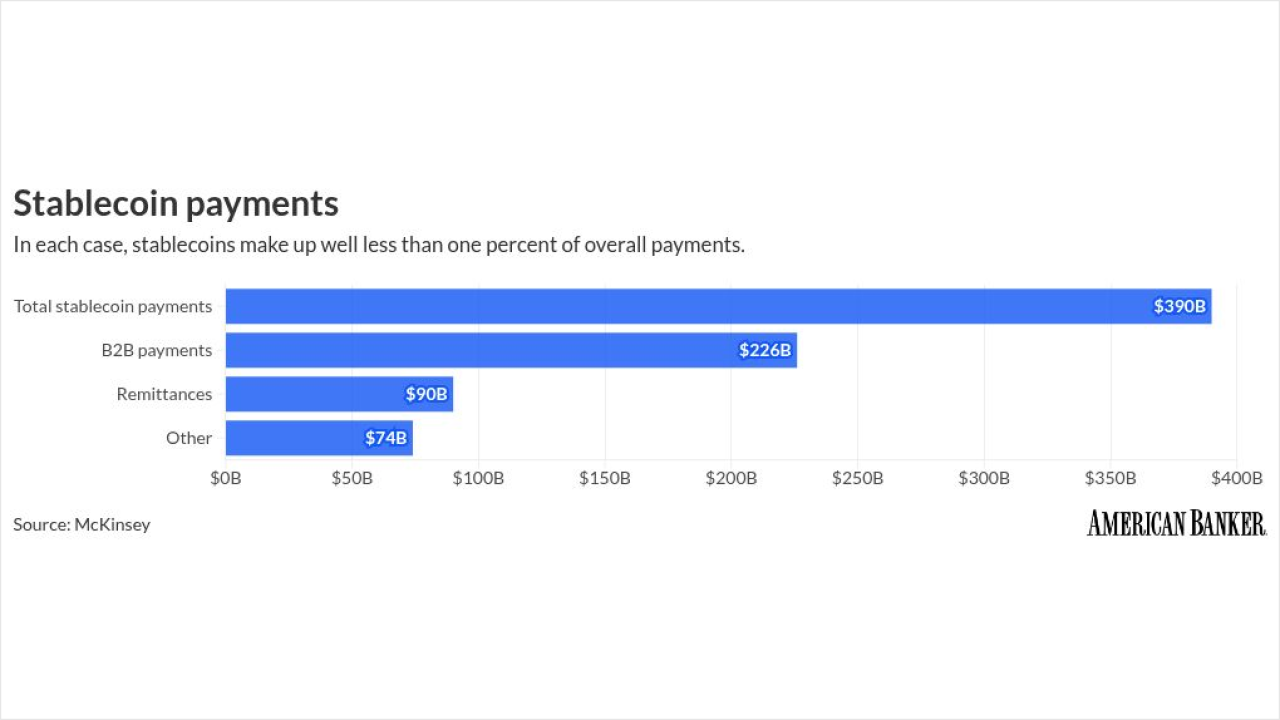BankAmerica Corp. has finished assessing which of its systems must be recoded to avert system crashes at the end of the century.
Processing Content
And an expert said institutions that have not begun similar projects are in danger of falling victim to what could prove the worst disaster of the information age.
The danger is this: Millions of computer systems worldwide are unprepared for the transition from 1999 to 2000. Programming code in these systems reduces year notations to two digits, making 1996 "96" and 1999 "99," for example.
Unfortunately, the abbreviation for 2000 - "00" - is read by these systems as 1900. This confusion could, at its worst, bring about system crashes.
Estimates of the worldwide cost of fixing the problem run into the hundreds of billions of dollars, and banks are considered some of the most vulnerable because of their heavy reliance on dates for interest and similar calculations.
BankAmerica executives said fixing the date references can be complicated.
"It's not always as simple as going from two digits to four digits in the date field," said Howard Adams, vice president in charge of technological integration services.
However, the task, if approached rationally, should not be overwhelming, he said. "It's the same process we've been doing all along for other changes, such as new regulations."
To help manage the changes, the bank is working with Fairfax, Va.-based HCL James Martin Inc., a joint venture between James Martin & Co., a professional services company, and HCL, an information technology firm.
The company is consulting with the bank, and its software, called TSRM, is being used to assess the problem and devise solutions.
BankAmerica does not yet have a hard cost projection, but Mr. Adams said it must deal with at least 95 million lines of code in more than 100,000 programs.
The bank plans to organize its work so that systems that interface with one another can be fixed at the same time, reducing labor and other costs, said Mr. Adams.
It hopes to complete the project by yearend. "We are, hopefully, intervening early enough to prevent problems from ever occurring," Mr. Adams said.
BankAmerica is one of several large financial institutions that have begun to address the year 2000 issue, yet the vast majority of bankers remain cavalier about the problem, experts said.
"Many banks are still operating under a risk that could be dire to their business," said Bruce Hall, research director at the Gartner Group, Stamford, Conn. "There's still a lot of denial in the management ranks."
Banks also are struggling to find money in their budgets for fixing the problem, he said.
However, he added, institutions that have not moved to assess their exposure may soon find themselves overwhelmed by the amount of work ahead of them.
Given the budget difficulties "and lack of seriousness with which the problem is taken," said Mr. Hall, "most banks will be in panic mode by next year."
"But if they aggressively pursue options and do intelligent planning," he said, "it won't be too late to prevent a major business failure."
Ms. Tucker is a freelance writer based in Hazlet, N.J.





